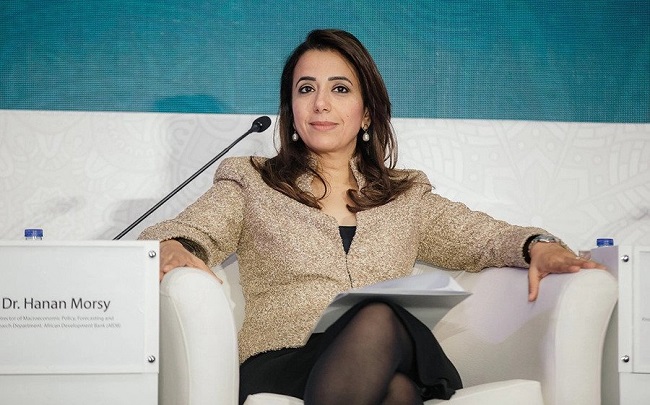A concerted re-focus on sustainable development goals is needed in order to meet the aspirations of the Agenda 2030 and Africa’s transformation Agenda 2063, according to key speakers at the Regional preparatory workshop for African voluntary national reviews and voluntary local reviews (VNR) workshop in Niamey, Niger.

“We have seen how the effects of the pandemic and war in Ukraine have derailed progress that had been made. State budgets for social policy, environmental action and economic development are threatened by the tightening of financial resources, just at the moment when these interventions are needed the most,” said Hanan Morsy, Deputy Executive Secretary, Economic Commission for Africa (ECA).
“But amidst these challenges, the African region has countless examples of adaptable and effective measures taken to progress towards the two Agendas.”
The VNR workshop was held as a side event ahead of the 9th Africa Regional Forum on Sustainable Development (ARFSD) scheduled to run from February 28 to March 2, 2023, in Niamey, Niger. It was organised by the ECA with the support of the African Union, UN-Habitat, UNDESA, UCLG Africa and the Office of the Special Advisor on Africa (OSAA).
Ms Morsy said, the year 2023 represents the midway point towards the global 2030 Agenda, and the end of the first ten-year implementation of the regional Agenda 2063 of the African Union.
Voluntary National and Local Reviews – also known as VNRs and VLRs – are meant to help African countries and regions to assess progress made on SDGs and challenges that need to be addressed.
“We also congratulate the cities and municipalities across the continent that are undertaking local reviews. VLRs are a powerful grassroots tool to promote sustainable development,” said Ms Morsy.
The ECA Chief Economist noted that the Commission will continue to support VLRs across Africa, harnessing the regional VLR guidelines developed in cooperation with UN- Habitat and United Cities and Local Governments of Africa with a mandate given by member States at the 6th ARFSD in 2020.
Christina Duarte, Special Adviser on Africa to the United Nations Secretary-General, highlighted the importance of home-grown initiatives, stating that “policy makers and partners need to understand that sustainable development can be fully achieved if internally driven.”
Ms Duarte said that, for Africa to achieve its SDGs, countries must address issues of debt management, localise the sustainable development, and establish strong domestic institutions. She also underscored the need for a balanced international trade system and a restructuring of the global financial architecture.
In his welcome remarks, the deputy president of the City Council of Niamey, Habiboulaye Zanga, said “Niger is leading by example in the transfer of development to local authorities to ensure equal and active engagement of everyone on the country’s development.”
A delegate from the Democratic Republic of Congo, Modeste Kakanda, reiterated the importance of integrating local and national data to ensure better synergies. Mr Kakanda also identified capacity building and resource mobilization as areas that need to be strengthened by VNR.
According to Oumar Sylla, Director, UN-Habitat Regional Office for Africa, Africa is currently experiencing the most rapid urbanisation of any continent worldwide. This urbanisation presents an opportunity for cities to innovate and make significant progress in local development. Mr Sylla emphasised the importance of monitoring the implementation of SDGs moving forward.
Clearly, Africa has countless examples of adaptable and effective measures taken to progress towards the two Agendas, despite the challenges posed by the pandemic and war in Ukraine. But to achieve the SDGs, strides must be made to address issues of debt management, localise the sustainable development and establish strong domestic institutions, while balancing the international trade system and restructuring the global financial architecture.
